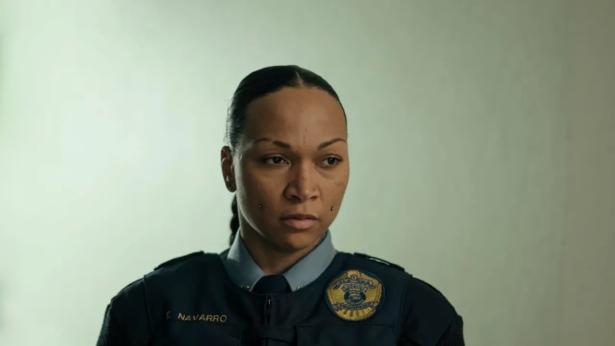tv True Detective: Night Country – A Pivotal Moment in Indigenous Women Representation
In the dimly lit corners of Hollywood, where stories are often told from a singular, dominant perspective, HBO's "True Detective: Night Country" shines a compelling light on characters rarely given the spotlight. At the heart of this narrative exploration is Kayla Prior, portrayed with raw intensity by Anna Lambe. This character, and the series at large, marks a pivotal moment in television's portrayal of Indigenous women - a testament to their resilience, complexity, and the urgent need to address the harrowing reality of the missing and murdered Indigenous women (MMIW) crisis.
A Leap Towards Representation
The character of Kayla Prior is not just a fictional construct but a beacon of empowerment for Indigenous women. Through her, "True Detective: Night Country" delves into the nuanced realities of Indigenous lives, weaving a narrative that is both a mystery and a profound commentary on society's neglected corners. The inclusion of empowered Indigenous women characters in mainstream media like this is not merely for representation's sake but serves as a critical mirror reflecting the ongoing struggles and strengths of Indigenous communities.
Moreover, the series finale is set to tackle the murder of Iñupiat activist Anne Kowtok, a storyline that brings to the forefront the all-too-common dismissal of violence against Indigenous women by the police, media, and the public. This bold narrative decision underscores the series' commitment to not just entertain but educate and provoke thought regarding the MMIP crisis, particularly in Wyoming where the FBI has recently stepped in to gather more data on the scope of this issue.
From the Ring to the Screen: Kali Reis's Journey
Central to the series' impact is Kali Reis, an accomplished boxer who brings to life the lead role of Evangeline Navarro. Reis's own experiences with police brutality in 2012, which led her to file a successful lawsuit and resulted in the officer's dismissal, imbue her portrayal with authenticity and gravitas. Her transition from the boxing ring to the screen is emblematic of the resilience and multifaceted talent within the Indigenous community, showcasing that the fight for justice and representation extends far beyond the physical.
Reis's commitment to raising awareness about the MMIP crisis and other Indigenous issues leverages her platform in a way that transcends her roles in film and television. Her involvement in the 2021 film 'Catch the Fair One,' a narrative about a Native boxer's quest to find her missing sister, further exemplifies her dedication to highlighting these critical issues. Through her work, Reis is helping to pave the way for increased representation of Native talent in Hollywood, alongside notable projects such as Marvel's Echo, Killers of the Flower Moon, and Disney/FX's Reservation Dogs.
A Call for Change
The journey of "True Detective: Night Country" and its characters is more than a narrative achievement; it serves as a clarion call for change. By placing Indigenous women at the forefront of its storytelling, the series not only challenges prevailing stereotypes but also illuminates the stark realities facing Indigenous communities today. It represents a crucial step in acknowledging and addressing the systemic issues that contribute to the MMIP crisis, signaling a shift towards a more inclusive and equitable portrayal of Indigenous lives in media.
In weaving these stories with depth, sensitivity, and unflinching honesty, "True Detective: Night Country" sets a new standard for storytelling. It reminds us that behind the statistics and headlines are real people with stories of resilience, pain, and hope. As viewers, we are invited not just to witness but to engage, reflect, and, ultimately, contribute to the ongoing dialogue surrounding Indigenous representation and justice. Through the lens of Kayla Prior, Evangeline Navarro, and the many voices they represent, we are offered a glimpse into the lives of those too often pushed to the margins, a reminder of the power of storytelling to foster understanding, empathy, and change.


Spread the word